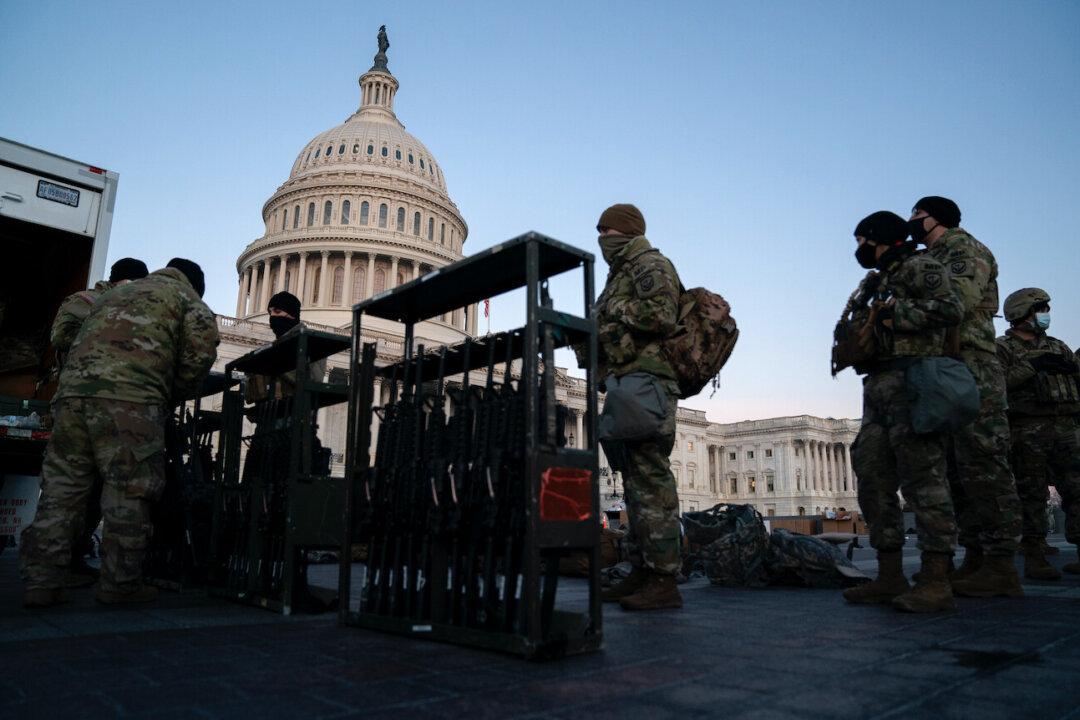The Pentagon offered National Guard troops two days before the Jan. 6 breach of the U.S. Capitol building, but that proposal was rejected, former chief of staff Kash Patel has confirmed.
In an episode of EpochTV’s “Kash’s Corner,” Patel, who served as chief of staff to the Acting United States Secretary of Defense under former President Donald Trump, explained why the Capitol breach could have been prevented.





